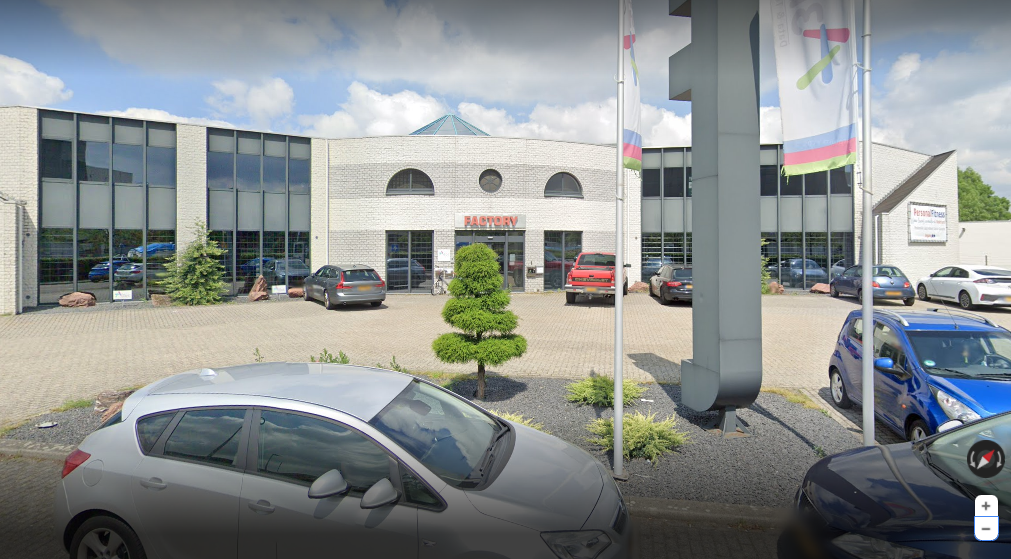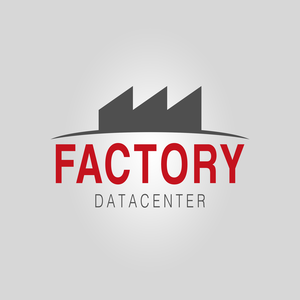Peering Vs IP Transit

In today’s Internet, two forms of interconnection exists between networks: IP transit and Peering. Transit and peering are options that determine how traffic streams the Internet. Oftentimes “IP Transit” and “Peering” are considered to be commutable; however it’s important to understand the similarities and differences between the two services as both can provide benefits when expanding your network.
What Is IP Transit?
IP transit is simply a connection to the internet or the service of allowing traffic to “transit” a network. IP Transit on its most basic level is a paid service that allows a network to connect to other networks on the internet through an upstream provider.
What Is Peering?
Peering is a process where two Internet networks connect and exchange traffic. Each network directly hands-off traffic between customers, they do this with each other, without having to pay a third party to carry the traffic across the Internet for them. When it comes to peering, there are two options; paid and settlement-free. Paid peering is nearly identical to settlement-free peering except paid peering has a monthly recurring charge to access each peer’s downstream network.
Why is this Important?
It’s important for you to identify which Internet solution works best for you and your network needs. Datacenter the Factory offers IP Transit services at both a bandwidth commitment level as well as a unique pay-for usage, flexibility, and scalability solution.
Peering : Internet Exchange Point access
Datacenter the Factory can offer your network access to a variety of Internet exchange providers (IXP) across Europe and North America
Cloud service providers, communications carriers and content delivery networks (CDNs) can benefit from accessing a neutral Internet exchange, such as NL-IX, DE-CIX, LINX, MIX-IT, and the SPEEDIX.
Benefits of Peering at an Internet Exchange Point
- Manage cross connection expenses.
- Reduce wholesale IP capacity requirements.
- Scale Internet traffic capacity quickly.
- Improve network resilience and reliability.
- Better manage and reduce latency.
- Peer with many networks over a single physical port.
- Access a route server to simplify peering connections and configurations.
- Peer with networks that may not be on an initial consideration set.
Datacenter the Factory connects via public peering partner and Internet Exchange Points (IXP’s), to shorten the Internet path taken by for critical business traffic, which can deliver a faster, higher quality, and a more dependable connection.
When private connectivity is required, Datacenter the Factory leverages its presence at major colocation facilities to offer private connectivity.
